#indian literature
Text


early morning reading on 16th century maratha empire
#bookblr#studyblr#desiblr#indian academia#indian literature#dark academia#indian history#light academia#books#honey lemon#notes#digital notes#book blog#study blog#studyspo#maratha empire
2K notes
·
View notes
Text

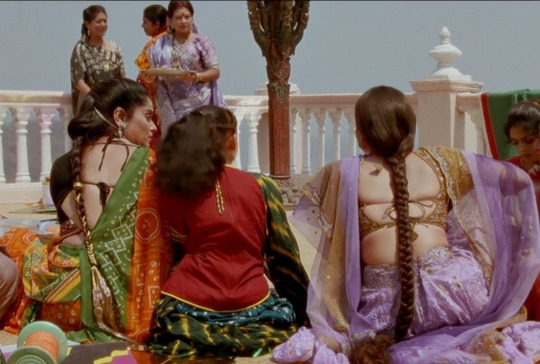
female friendships are so precious and beautiful. sisterhood is so inherent in women. there is a life force where many women are sitting together and conversing. their giggles reverberates through the deepest chambers of the even the coldest of hearts & softens them. when they take care of each other together from oiling their hair turn by turn by to putting henna on each other’s palms, everything is a sacred offering to some source unseen; but only felt. they spend hours talking about things unfathomable from the basis of love to the state of the world, the soul, beauty, last, present & future & many other philosophies. because when they’re sitting in a room together that’s where they’re easily allowed to ‘be’. here, they aren’t someone being smothered by alotted identities. they aren’t just someone’s sister or daughter or even lover, but just humans trying to make the most out of their freedom to breathe.
#desi tumblr#desiblr#desi tag#desi aesthetic#poetry#poets corner#indian dark academia#desi culture#desi poetry#desi stuff#desi moodboard#desidarkacademia#desi dark academia#old bollywood#desi things#indian tumblr#shayari#desi writers#indian writers#indian literature
501 notes
·
View notes
Text

Balachandra Rajan, from "Statement for Adonis"
Text ID: The sun for you is dark as you have suffered.
#balachandra rajan#statement for adonis#poetry#indian literature#lit#miscellanea#poetry in translation
1K notes
·
View notes
Text
Literature produced in the ex-colonial countries but produced directly in languages which had been imported initially from Europe provides one kind of archive for the metropolitan university to construe the textual formation of ‘Third World Literature’; but this is not the only archive available, for the period after decolonization has also witnessed great expansion and consolidation of literary traditions in a number of indigenous languages as well [...] Not much of this kind of literature is directly available to the metropolitan literary theorists because, erudite as they usually are in metropolitan languages, hardly any of them has ever bothered with an Asian or African language. But parts and shades of these literatures also become available in the West, essentially in the following three ways. By far the greater part of the archive through which knowledge about the so-called Third World is generated in the metropolises has traditionally been, and continues to be, assembled within the metropolitan institutions of research and explication, which are characteristically administered and occupied by overwhelmingly Western personnel. Non-Western individuals have also been employed in these same institutions – more and more so during the more recent, post-colonial period, although still almost always in subordinate positions. The archive itself is dispersed through myriad academic disciplines and genres of writing – from philological reconstruction of the classics to lowbrow reports by missionaries and administrators; from Area Study Programmes and even the central fields of the Humanities to translation projects sponsored by Foundations and private publishing houses alike – generating all kinds of classificatory practices. A particularly large mechanism in the assembly of this archive has been the institutionalized symbiosis between the Western scholar and the local informant, which is frequently re-enacted now – no doubt in far more subtle ways –between the contemporary literary theorist of the West, who typically does not know a non-Western language, and the indigenous translator or essayist, who typically knows one or two. This older, multidisciplinary and somewhat chaotic archive is greatly expanded in our own time, especially in the area of literary studies, by a developing machinery of specifically literary translations – a machinery not nearly as highly developed as the one that exists for the circulation of texts among the metropolitan countries themselves, but not inconsiderable on its own terms. Apart from the private publishing houses and the university presses which may publish such translations of their own volition or under sponsorship programmes, there are state institutions such as the Sahitya Akademi in India, as well as international agencies such as UNESCO, not to speak of the American ‘philanthropic’foundations such as the Rockefeller-funded Asia Society, which have extensive programmes for such publications. Supplementing these translations are the critical essay and its associated genres, usually produced by an indigenous intellectual who reads the indigenous language but writes in one of the metropolitan ones. Some of this kind of writing becomes available in the metropolises, creating versions and shadows of texts produced in other spaces of the globe, but texts which frequently come with the authority of the indigenous informant.
Aijaz Ahmed, In Theory: Nations, Classes, Literatures
170 notes
·
View notes
Text

Priscilla (2023) by Sofia Coppola
Book title: Autobiography of a Yogi (1946) by Paramahansa Yogananda
26 notes
·
View notes
Text
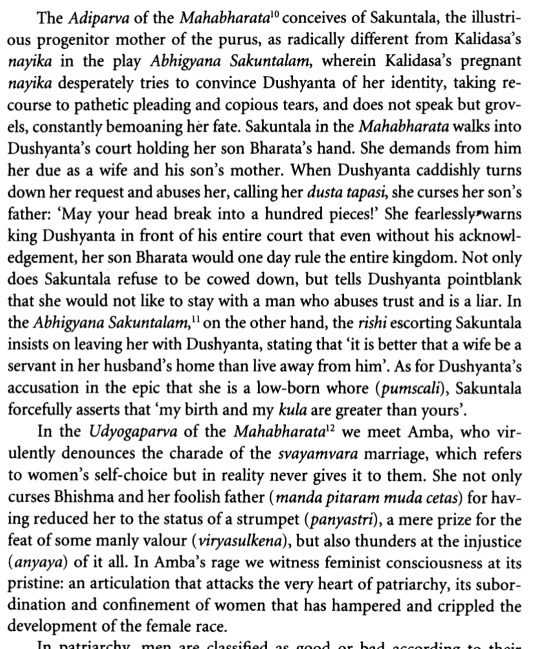
#indian literature#may your head break into a hundred pieces indeed#kudos to vyas maharshi for writing such powerful women#she saw the patriarchal injustice happening around him and said#nope not happening in my book
19 notes
·
View notes
Text
Y'all must read the play "Final Solutions" by Mahesh Dattani.
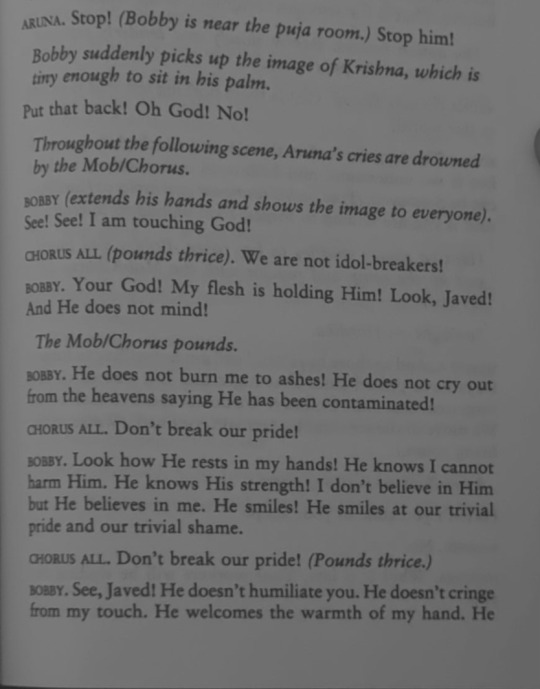
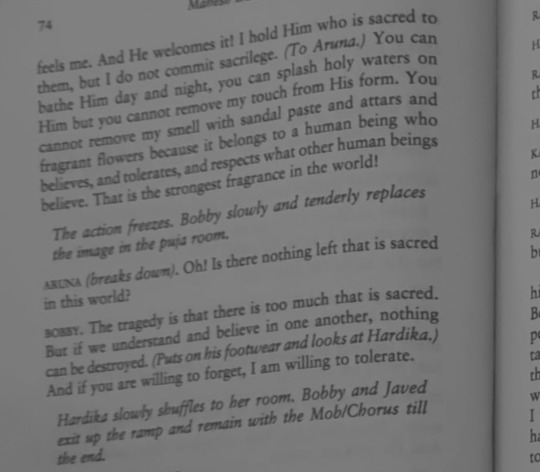
1947 is identified as the year that India and Pakistan gained independence from British Colonial rule. It is also the year that saw the formation of two separate states from one nation. One, Pakistan, was apparently founded on a theocratic principle and the other, India, founded apparently on principles of democracy and secularism. While the political establishment was celebrating the achievement of Independence and the formation of sovereign states, ordinary citizens were reeling from the shock of neighbours turning on each other and the dislocations where many were uprooted from the homes their families had lived in for generations. Although there have been several literary representations of the violence, of this traumatic severing of countries on religious and ethnic lines, there has been very little attempt in literature to link what is now obvious to most sociologists and even to the layman. Namely, communal tensions and fault lines in contemporary India have their origins in the trauma of partition as well as the lack of resolution or forgiveness. Mahesh Dattani’s play ‘Final Solutions’ is a rare literary/dramatic text that connects our contemporary context with the unforgiven trauma of 1947. This play places a modern liberal family in the middle of a communal riot—while two Muslim men seek sanctuary from the fundamentalist Hindu mob baying for their blood outside the house, inside the Hindu family must face their own demons—of the past as well as the present.
#desiblr#india#hinduism#islam#ram mandir#ayodhya#pakistan#circa 1947#partition#indian culture#independence#desi#religion#communalism#indian literature
16 notes
·
View notes
Text

— Latitudes of Longing, Shubhangi Swarup
#latitudes of longing#shubhangi swarup#book quotes#books#literature#literature edit#litedit#quotes#book quotations#bookedit#words#beautiful words#dreamy#whimsical#words words words#english literature#indian literature#nature
39 notes
·
View notes
Text

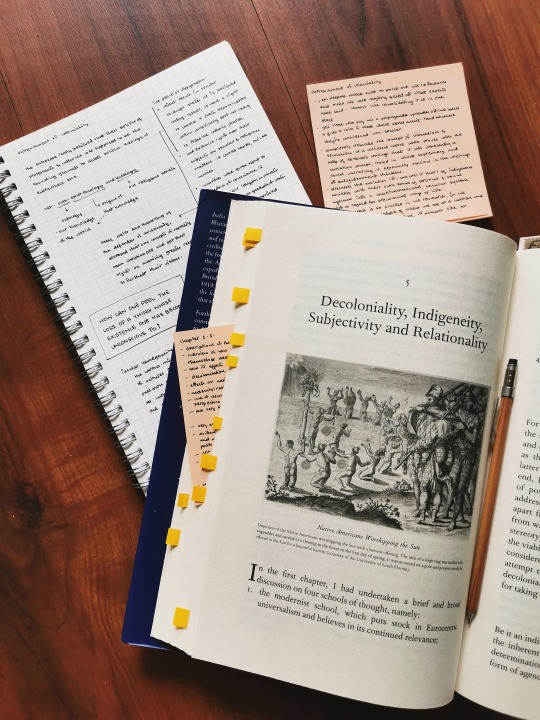
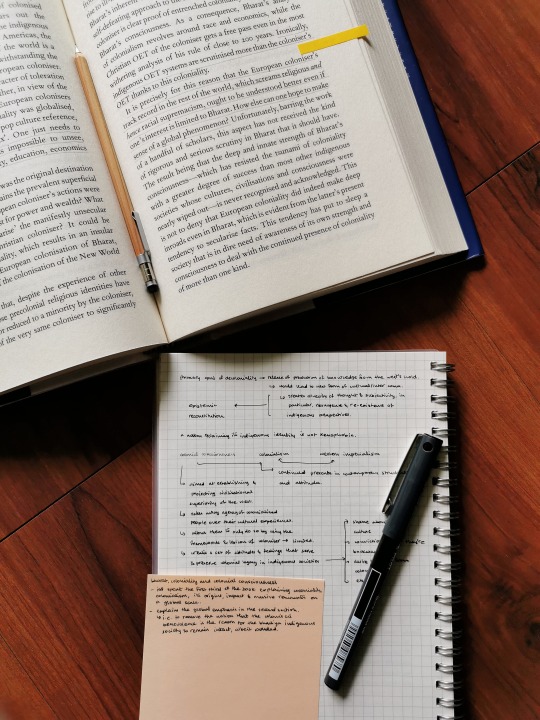

"after all, how can one feel the loss of a thing whose existence one has become unconscious to?"
a wonderful collection of essential and constant truth bombs.
#india that is bharat#j. sai deepak#indian literature#indian history#non fiction#decolonisation#indigineous people#indigenous faith#coloniality and nature#indian academia#booklr#studyblr#notes#long reads#coffee#dark academia#light academia#desiblr#study blog#book photography#vsco
1K notes
·
View notes
Text
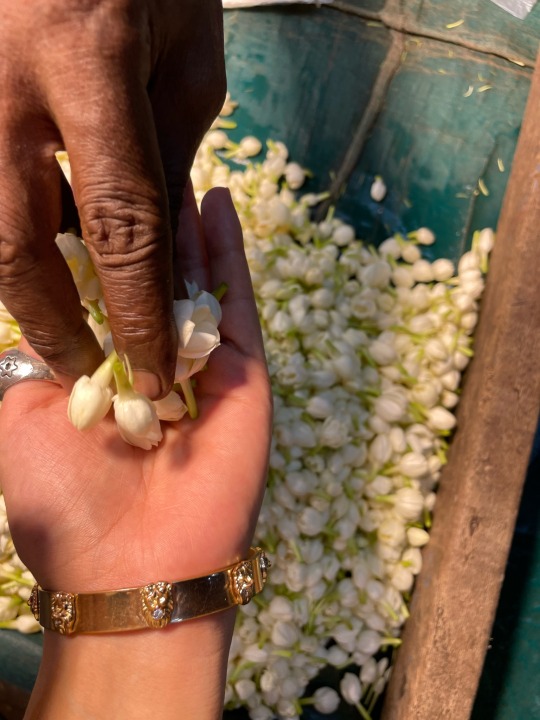
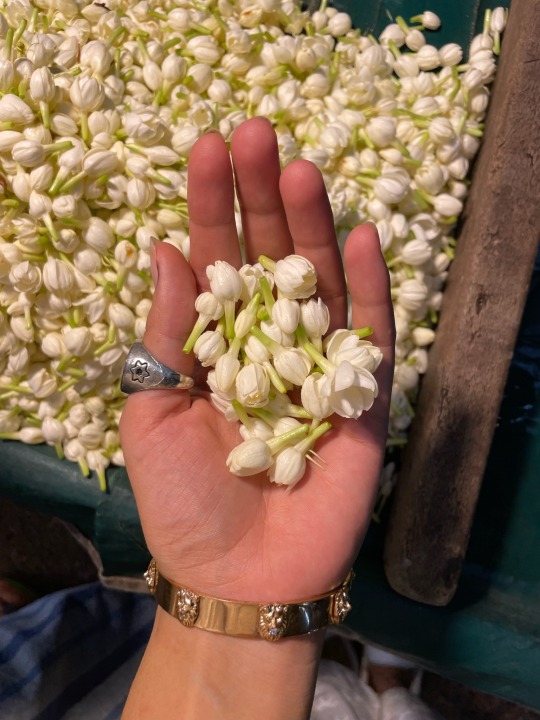


phoolon ke rang se
#desi tumblr#desiblr#desi tag#desi aesthetic#poetry#poets corner#indian dark academia#desi poetry#desi culture#desi stuff#desi moodboard#desi dark academia#desidarkacademia#old bollywood#desi things#indian tumblr#shayari#desi writers#indian writers#indian literature#indian women#indiangirls#aestethic#light academic aesthetic#aesthetic
931 notes
·
View notes
Text
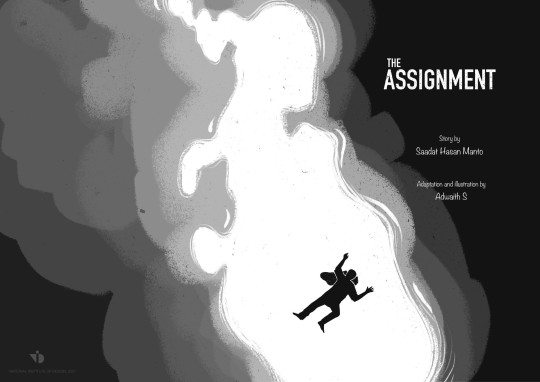
"The Assignment" is available to read here
Image credit to Adwaith S., who made a illustrated adaptation on art style. It's excellent, if you liked the story, read this too afterwards.
#short stories#short story#the assignment#saadat hassan manto#urdu literature#20th century literature#pakistani literature#indian literature#have you read this short fiction?#book polls#completed polls#links to text
10 notes
·
View notes
Text
I’ve been feeling like living in the mountains lately. All alone somewhere in the lanes of Mussoorie surrounded by those long trees I don’t know the name of. Living in a small house made of wood with a small fireplace in it and flooded with books and a lot more books. I think how good would that be. Living and breathing literature in the lanes of Mussoorie. Writing stories and forgetting about them and leaving them for the world to read. How would it feel like to escape this constant chaotic life in the city and run away. Oh, I can already smell the cold breeze flowing through my window. Oh what a life it would be.
#dark academia#dark academia aesthetic#dark academism#indian dark academia#art#desi aesthetic#desi dark academia#cute#literature#indian literature#mussoorie#writers on tumblr#winter aesthetic#travel#mountains
21 notes
·
View notes
Text
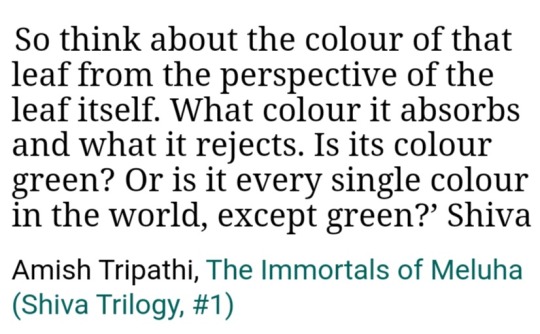
Context: They were talking about how the truth can be different based on perspective.
#book quotes#quotes#indian literature#south asian fantasy#south asian writing#asian literature#literature#the shiva trilogy#amish tripathi#the immortals of meluha#south asian literature#south asia#India#hindu mythology#fiction#fantasy fiction
26 notes
·
View notes
Text
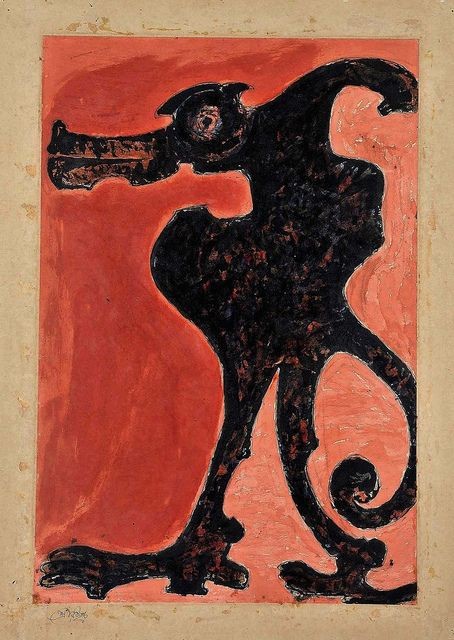

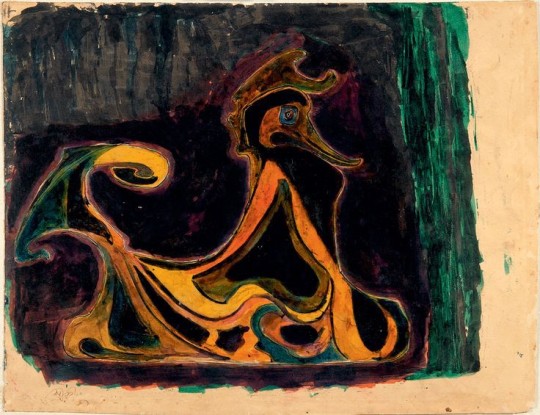
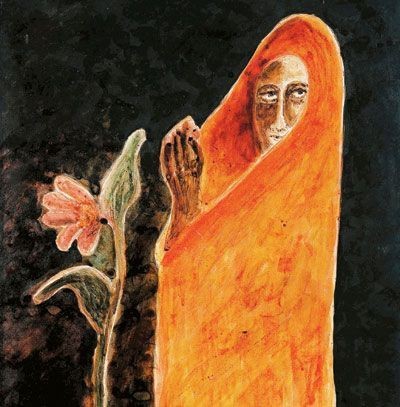
“people often ask me about the meaning of my pictures. i remain silent even as my pictures are. it is for them to express and not explain. they have nothing ulterior behind their own appearance for the thoughts to explore and words to describe and if that appearance carries its ultimate worth then they remain, otherwise they are rejected and forgotten even though they may have some scientific truth or ethical justification.”
- rabindranath tagore
#art#words#desiblr#bengali#desi tumblr#literature#artistry#rabindranath tagore#desi art#indian art#indian literature#art of india#indian artists#desi stuff#desi writes
21 notes
·
View notes
Text
If you would like to get a taste of non-white, non-western literature, then this is your reminder to sign up for Tagore Tales by @pop-goes-the-weasel here: https://tagoretales.substack.com/
The story so far is really spooky and the prose is gorgeous!
47 notes
·
View notes